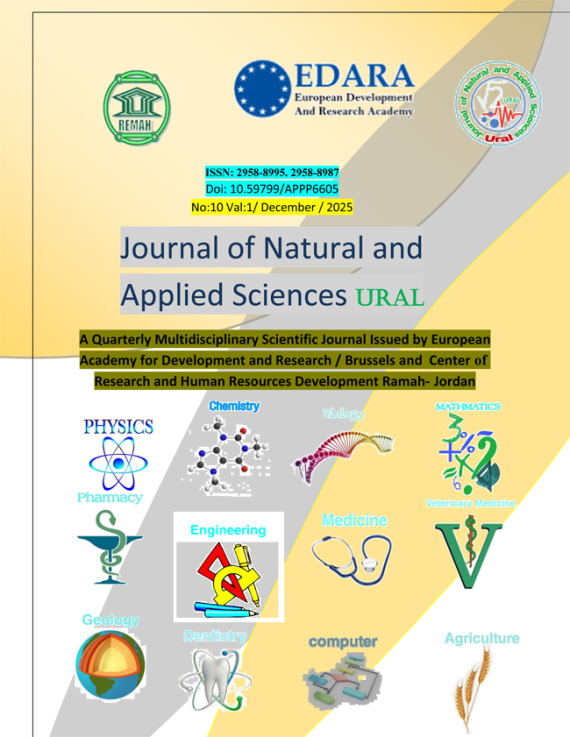Abstract
Background polymerase chain reaction (PCR) is a method used to amplify a specific region of DNA, which are repeated many times to produce millions of copies of a specific DNA segment in a random PCR; the primers used in the reaction are not designed to bind specifically to a known target sequence, instead they are designed to bind to any region of the genome. Random PCR is often used to create basic code of random DNA fragments which can be used as starting material for other techniques such as genomic sequencing, cloning or mutation. Methodology Fifty samples of proteus mirabilis were isolated from different sources of pathological conditions such as Urinary tract infection, middle ear infections, and wounds infection, after which they were cultured on their selective media and biochemical test were performed to confirm the purity of the samples.







